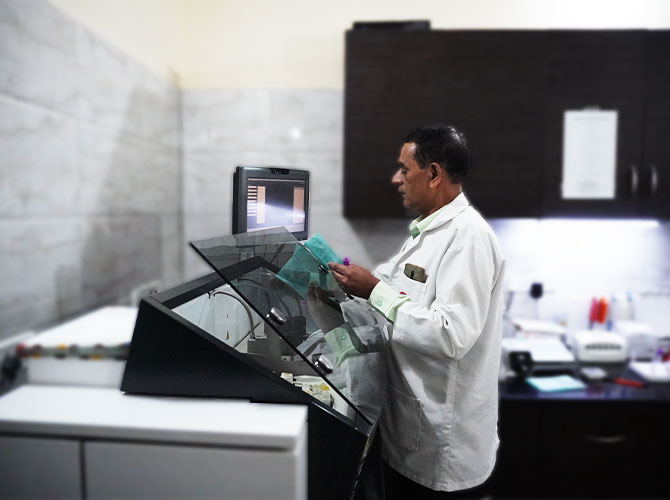Laboratory services in a hospital are a vital component of patient care, providing essential diagnostic information to healthcare providers to support accurate and effective treatment. The following are some of the key services provided by a hospital laboratory:
- Clinical laboratory testing: This involves performing a wide range of tests on patient samples, including blood tests, urine tests, and tissue samples, to diagnose and monitor various medical conditions.
- Microbiology: The laboratory performs tests to identify infectious agents, such as bacteria, viruses, and fungi, and to determine their susceptibility to antibiotics.

- Hematology: This area of the laboratory is responsible for tests related to blood and blood-forming tissues, such as complete blood count (CBC), coagulation studies, and red and white blood cell counts.
- Clinical chemistry: This area of the laboratory performs tests on patient samples to measure levels of chemicals, enzymes, and other substances in the blood, urine, and other bodily fluids.
- Immunology: The laboratory performs tests to assess the immune system, including allergy testing, autoimmune disease testing, and cancer marker testing.
- Anatomic pathology: This area of the laboratory performs tests on tissue samples to diagnose diseases and conditions, including biopsies, autopsies, and histological examinations.
- Cytology: This area of the laboratory performs tests on cells, including Pap tests and fluid cytology, to diagnose cancer and other conditions.
- Transfusion services: The laboratory is responsible for the preparation, storage, and administration of blood and blood products, including red blood cells, platelets, and plasma, to support patient care.

In summary, the role of the hospital laboratory is to provide accurate and timely diagnostic information to support patient care, and to help healthcare providers make informed decisions about treatment and management.

